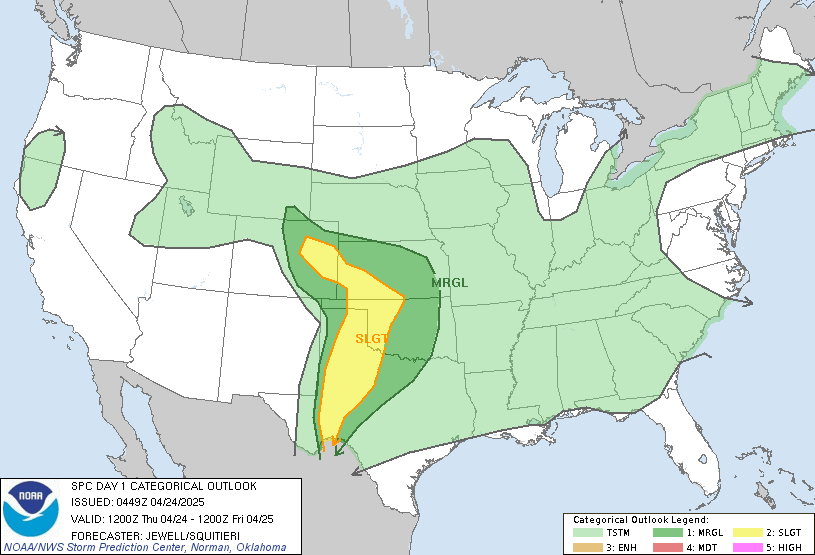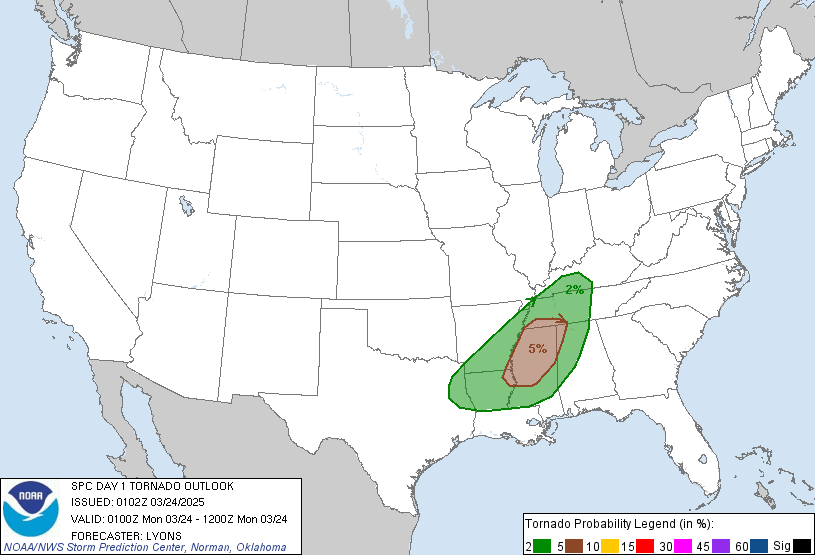One more note that I meant to add into my post from earlier. In a “Data note” from the Kaiser Family Foundation, researchers highlighted the number of at-risk adults in America. The note, titled, “How Many Adults Are at Risk of Serious Illness If Infected with Coronavirus?” tries to break down that that number of at-risk people is higher than most may realize.
Who is the Faiser Family Foundation? They claim to be “a non-profit organization focusing on national health issues, as well as the U.S. role in global health policy. Unlike grant-making foundations, KFF develops and runs its own policy analysis, journalism and communications programs, sometimes in partnership with major news organizations. KFF serves as a non-partisan source of facts, analysis and journalism for policymakers, the media, the health policy community and the public.”
I poked around their website for a while and they seem to have a reasonable amount of credibility. I’ve never heard of them before, but I’m also not in the medical field. Nothing on their site raised any scientific “red flags” so I wanted to share some of the informaiton they kicked out.
Who is “at risk” anyway?
According to the CDC, older adults, and people who have serious chronic medical conditions like heart disease, diabetes, and lung disease are considered “at risk” or a “higher risk” person.
These people need to take extra precautions with respect to the Coronavirus as they are at higher risk of getting very sick. The CDC recommends
— stock up on supplies
— keep space between yourself and others when you go out in public
— limit close contact and wash your hands often
— avoid crowds and non-essential travel
The CDC also suggests to stay home as much as possible. Watch for symptoms and emergency signs. And if you get sick, stay home and call your doctor.
What do the numbers suggest?
On their site, the Kaiser Family Foundation notes a couple of points of interest:
— 4-out-of-10 adults 18-years and older is “at risk” (they suggest 105.5 million people)
— More than 70-percent are 60-and-older and 30-percent ages 18-59 with an underlying medical condition.
— KFF estimates 5.7 million of the “at risk” adults are uninsured, including “3.9 million adults under age 60 and 1.8 million who are ages 60-64”
That is pretty eye-opening. The KFF also broke down things by state.

You can find the interactive version of that map, here.
More from KFF
While the CDC and WHO warns this virus can easily become a problem for anyone, of any age, the KFF spent efforts highlighting more information for those deemed at a higher risk:
… a large segment of the U.S. adult population – 41 percent of adults ages 18 and older – have a higher risk of serious illness if they do become infected due to their age or underlying medical condition. One group particularly at risk are the 1.3 million people living in nursing homes in the US. As the number of people who test positive for coronavirus continues to rise, and as more is learned about the progression of illness and treatment among those who become seriously ill, the current set of risk factors available to estimate the size of the at-risk population is likely to be refined.
Why this matters – beyond obvious reason
It turns out, that according to researchers in the New England Journal of Medicine, the average person with Coronavirus “spreads the disease to two or three others — an exponential rate of increase” and there is some evidence that is can be “transmitted by people who are just mildly ill or even presymptomatic.”
That is a big problem. Especially for folks who are “at risk” as it can take five to 14 days for symptoms to develop, according to research by Johns Hopkins.
Protect yourself: a message from Coach O
I’m not an LSU fan. In fact, as an Oregon State Beaver, I’m still bitter about losing to them on the season-opener in 2004. But this is some great advice from a pretty solid coach.
When Coach O speaks, we all listen.
For more information on how to prevent the spread of COVID-19, visit: https://t.co/89sZCjY9n3@Coach_EdOrgeron @LADeptHealth #lagov #lalege #COVID19 pic.twitter.com/OxJ5u2xBmo
— John Bel Edwards (@LouisianaGov) March 14, 2020

